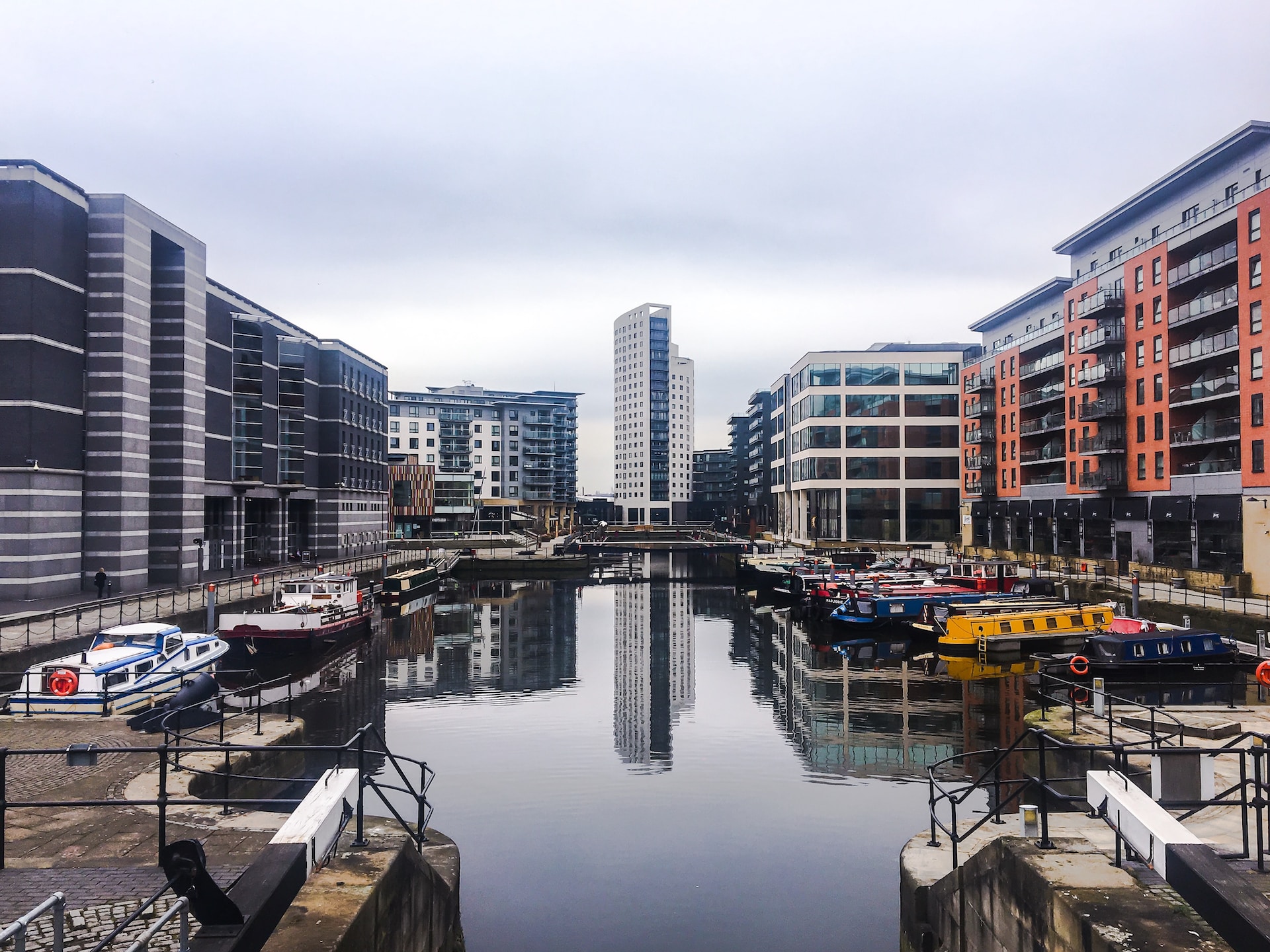
Adjudication is a comparatively speaking, quick and cost-effective route to resolving disputes, in most cases avoiding the need for Court proceedings to be commenced.
What do we get?
Usually within around 28 days you will have a decision that is legally binding and enforceable. It is hugely popular and often far preferable to sending debt collection letters or commencing Court action.
The added advantage is that the adjudicator will almost always be highly experienced in the construction industry and will have a decent understanding of what is going on in the real world; as opposed to a Judge who whilst being a good lawyer, might have comparatively little construction experience.
What is it suitable for?
Adjudication is suitable for many types of construction dispute. For example, if payments have not been made at all, or not made on time, or if a poor job has been done and you have suffered loss that you want to recover or if the job done is outside the scope of the original contract.
What does it cost to adjudicate?
We offer a fixed fee service depending on the value of the dispute as set out in the table below. All fees indicative and are exclusive of VAT.
Value of Dispute Referring Party Responding Party
Up to £10,000 £3,500 £2,500
£10-£20,000 £5,750 £4,000
£20-£50,000 £9,750 £8,000
£50-£100,000 £17,750 £14,000
£100-£200,000 £26,000 £18,000
Above £200,000 On request On request
How does it work? What do we do?
Get in touch for a free initial consultation. Either book a slot in the diary by clicking the button below, call us to book an appointment on 0151 433 3373 or submit an enquiry form here.
We will then take you through your case to check that it is suitable or adjudication and our fixed fee service.
The stages of adjudication are as follows:
What are the downsides to adjudicating?
Adjudication, being a swift process can be something of a summary process. But with good quality representation of your case, clear and concise arguments backed up with solid evidence, a good proper result can be achieved.
It is a form of alternative dispute resolution and so the result, whilst enforceable, is not binding forever. It can be challenged in Court. That said, instances where adjudications are overturned in Court are not hugely common and we have found that once a decision is made, it is often accepted by the parties who then choose to move on.
What else should I consider before adjudicating?
The ability of your opponent to pay any award made is a factor to always consider. There is no point winning your adjudication if your opponent can’t pay as all you will get is a piece of paper that tells you something you already know.
Costs are not claimable in adjudication. The costs you pay to us cannot in most cases be ordered to be paid by the other side. However, one party or the other can be ordered to pay the adjudicators reasonable fees and expenses.